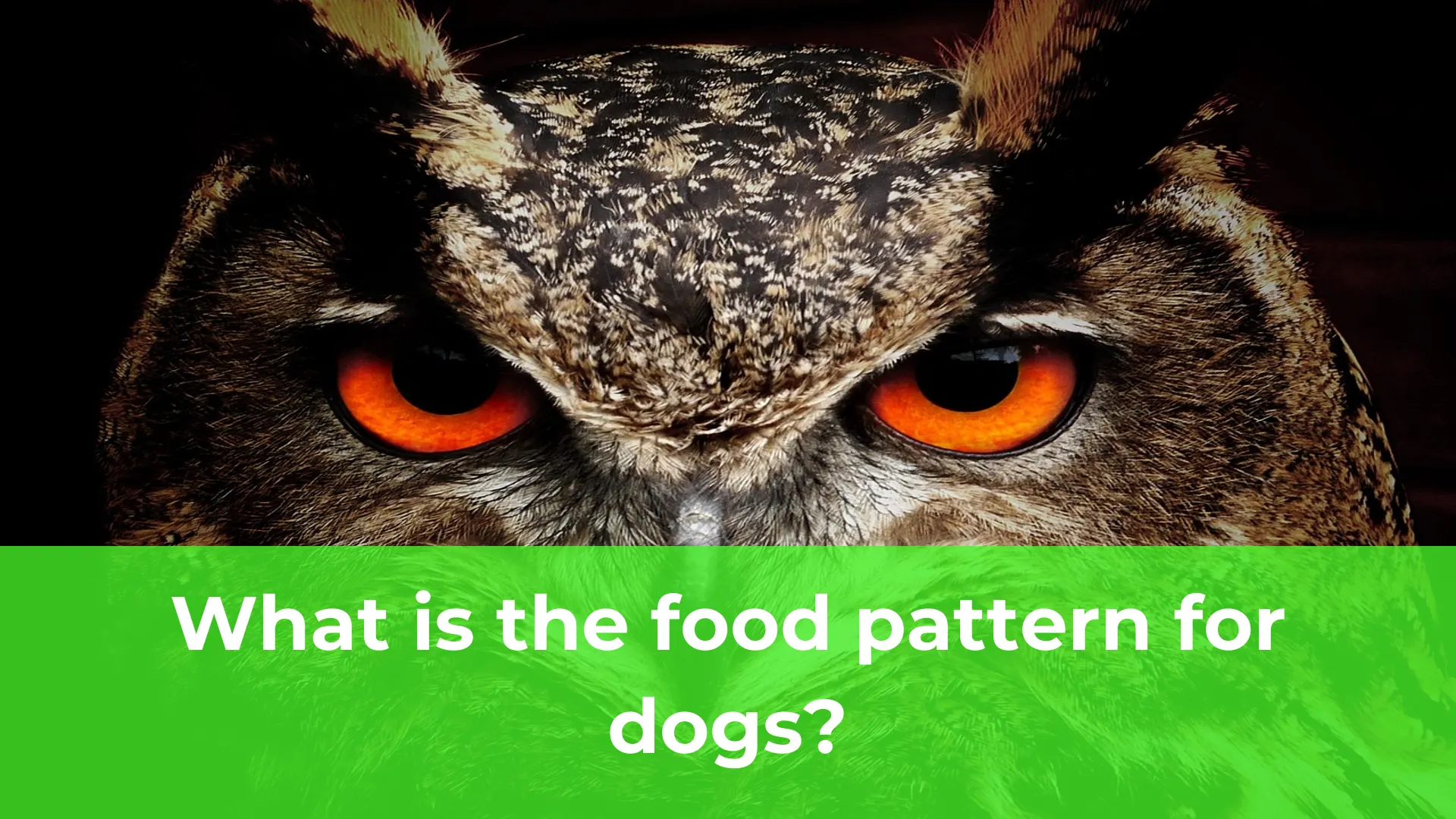What is the food pattern for dogs?
Dogs, much like humans, thrive on a balanced and nutritious diet to maintain optimal health and well-being. Understanding the food pattern for dogs is crucial for pet owners to provide the best care for their furry companions. A dog’s diet should consist primarily of high-quality, complete, and balanced commercial dog food to ensure they receive all the essential nutrients they need.
In addition to commercial dog food, incorporating fresh, whole foods into a dog’s diet can be beneficial. This can include lean meats, such as chicken or turkey, as well as vegetables like carrots and green beans. However, it is important to consult with a veterinarian before introducing any new foods to a dog’s diet to ensure they are safe and appropriate for their specific breed and health condition.
The Importance of a Balanced Diet for Dogs
A balanced diet is essential for the overall health and well-being of dogs. Just like humans, dogs require a variety of nutrients to support their bodily functions and maintain optimal health. A balanced diet consists of a combination of proteins, carbohydrates, fats, vitamins, and minerals that provide the necessary fuel and nutrients for dogs to thrive.
One of the key benefits of a balanced diet for dogs is the prevention of nutritional deficiencies and related health issues. Feeding a diet that lacks essential nutrients can lead to various problems, including weak bones, poor immune function, and even organ failure. On the other hand, a balanced diet promotes strong bones and muscles, healthy skin and coat, and a robust immune system, which helps dogs fight off infections and diseases more effectively.
Understanding the Nutritional Needs of Dogs
Dogs are not just our loyal companions; they are also dependent on us to provide them with proper nutrition. Understanding the nutritional needs of dogs is essential for their overall health and well-being. Just like humans, dogs require a balanced diet consisting of proteins, carbohydrates, fats, vitamins, and minerals. In this article, we will delve into the specific nutritional requirements of dogs and provide tips on how to ensure they receive the necessary nutrients.
Proteins play a crucial role in a dog’s diet as they are the building blocks for healthy muscles, tissues, and organs. High-quality animal-based proteins, such as chicken, beef, and fish, are ideal for dogs as they contain essential amino acids that cannot be produced by their bodies. Carbohydrates provide dogs with the energy they need for daily activities. While dogs are omnivores and can digest carbohydrates, it is important to choose complex carbohydrates like whole grains and vegetables over simple sugars.
Fats are another essential component of a dog’s diet. They provide a concentrated source of energy and help with the absorption of fat-soluble vitamins. However, it is crucial to choose healthy sources of fats, such as fish oil or flaxseed oil, to maintain a dog’s overall health. Additionally, dogs need a variety of vitamins and minerals to support their immune system, metabolism, and overall growth. Supplementing their diet with fruits and vegetables can help ensure they receive these necessary nutrients.
The Role of Protein in a Dog’s Diet
Protein is a crucial component in a dog’s diet, providing essential nutrients for growth, repair, and overall well-being. As carnivores, dogs have a higher protein requirement compared to humans, and it plays a vital role in their overall health. Protein is responsible for building and maintaining strong muscles, healthy skin and coat, and a robust immune system. It also supports the proper functioning of organs and facilitates the production of enzymes and hormones. Choosing high-quality protein sources, such as lean meats and fish, is essential to ensure that dogs receive the necessary amino acids and nutrients they need to thrive.
The Benefits of Including Fruits and Vegetables in a Dog’s Food
When it comes to feeding our furry companions, it’s important to provide them with a balanced and nutritious diet. One way to achieve this is by including fruits and vegetables in their food. Many pet owners think that dogs should stick to a meat-based diet, but incorporating fruits and vegetables can bring numerous benefits to their overall health and well-being.
Fruits and vegetables are packed with essential vitamins and minerals that dogs need to thrive. They are a great source of dietary fiber, which aids in good digestion and helps prevent constipation. Including these plant-based foods in a dog’s diet can also contribute to their overall hydration, as many fruits and vegetables have high water content.
In addition to vitamins and minerals, fruits and vegetables are rich in antioxidants, which can help boost a dog’s immune system and fight off diseases. Antioxidants also play a vital role in maintaining healthy skin and a shiny coat. By including a variety of colorful fruits and vegetables in their diet, dog owners can provide their furry friends with a wide range of antioxidants to support their overall health.
The Dangers of Feeding Dogs a Strictly Meat-Based Diet
Feeding dogs a strictly meat-based diet might seem like a natural choice for carnivorous animals, but it can actually pose several dangers to their health. While dogs are omnivores and can benefit from some meat in their diet, relying solely on meat can lead to nutritional imbalances and deficiencies. It is important for dog owners to be aware of these risks and ensure that their furry friends receive a well-rounded diet that meets all their nutritional needs.
One of the main concerns with feeding dogs a strictly meat-based diet is the lack of essential nutrients such as carbohydrates and fiber. Dogs need a balance of macronutrients, including proteins, fats, and carbohydrates, to thrive. Carbohydrates provide energy and fiber aids in digestion, which is crucial for maintaining a healthy digestive system. Without these nutrients, dogs may experience digestive issues, such as constipation or diarrhea, and may lack the energy necessary for an active lifestyle.
Another potential danger of a meat-only diet is the risk of nutritional deficiencies. While meat is a good source of protein, it may lack certain essential vitamins and minerals that are crucial for a dog’s overall health. For example, fruits and vegetables are important sources of vitamins A, C, and E, as well as minerals like potassium and magnesium. Without these nutrients, dogs may be at risk of developing deficiencies that can lead to various health problems, including weakened immune systems and poor skin and coat health.



